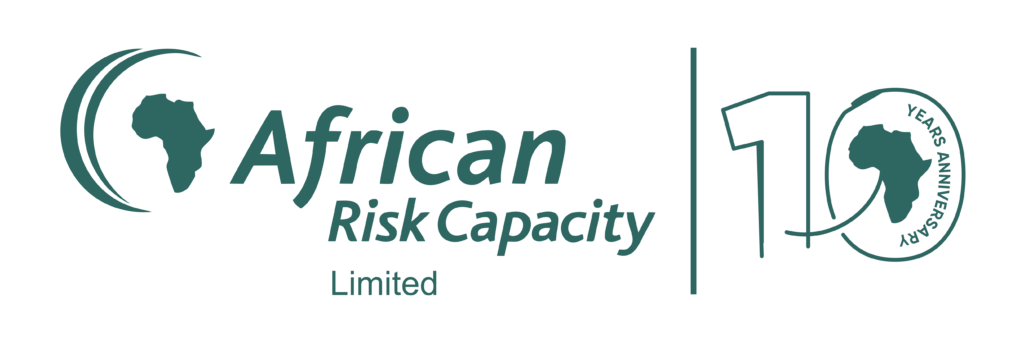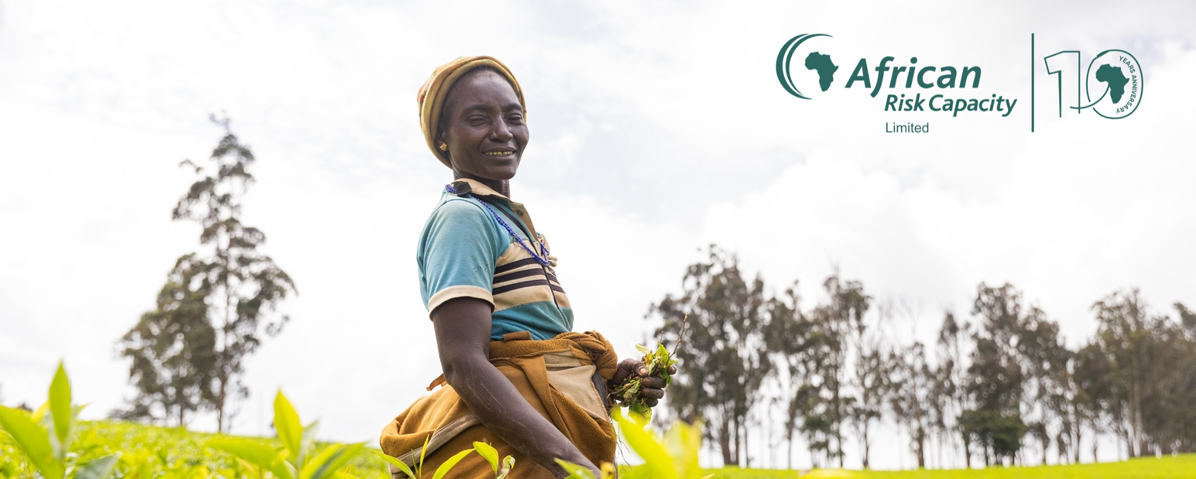Innovations in African climate risk insurance

PCRIC Forges New Policy Deal with State-Owned Enterprise in Papua New Guinea
May 21, 2024
PCRIC Meets New PIFS Secretary General
July 31, 2024Since 2014, African Risk Capacity (ARC) Ltd. has been pioneering parametric insurance in Africa and making inroads in protecting vulnerable communities. Having begun with coverage against drought risk, the company has diversified its service offering over the last decade to include the most prevalent hazards on the continent. 2023 proved a significant year of innovations and landmark agreements, propelling the company’s mission to provide coverage across all 55 African Union countries.
Groundbreaking flood risk insurance
Floods are among the natural disasters with the greatest humanitarian impact in Africa. According to the World Meteorological Association, flood-related disasters have claimed more than 20 000 lives in the last 50 years, exacerbated by climate change, urbanisation, and other socio-economic factors. In 2022, ARC Ltd. was involved in a EUR 1.6 million urban flood risk insurance project for Lagos State, Nigeria, launched at COP27. The massive global collaboration saw a parametric insurance solution incorporated into Lagos State’s flood-risk-management framework, setting a precedent for comprehensive disaster preparedness. The ambitious project aims to reach 8.5 million people by 2025.
During ARC Ltd.’s engagements with other African countries, the gap in economic loss estimation for floods became apparent. This led to a partnership between the ARC Group and JBA Risk Management to design the first-ever flood risk product for the continent. It was rigorously vetted by a technical advisory committee of global flood experts and went to market in 2023.
The risk model generates daily flood analysis and provides operational impact estimates of direct economic losses and the number of people affected. Payouts are released when the impacts exceed a country’s predefined trigger threshold.
The product is currently available in Madagascar, Mozambique, Malawi, Côte d’Ivoire, Ghana, and Togo – countries that participated in piloting the model. It allows governments to better anticipate and manage extreme flood events while mitigating the impact on their citizens. In 2024, the product will be expanded to additional countries.
Addressing Africa’s health vulnerabilities
In addition to natural disasters, Africa is susceptible to outbreaks and epidemics (O&E), compounded by various healthcare challenges, while climate change is giving rise to new pathogens. Early detection and response have been documented to save more lives and prevent a worse crisis.
In 2022, the ARC Group and its partners finalised an O&E parametric insurance product, having piloted it in Guinea and Uganda since September 2017. Four diseases were chosen for coverage due to their high human and economic costs: Ebola, Marburg virus disease, Lassa fever and meningitis.
The O&E product is supported by a capacity-building programme to ensure preparedness, contingency planning for a swift and effective response to reduce mortality and mitigate economic impacts and outbreak risk modelling from simulated outbreaks. Events of a pre-determined magnitude trigger payouts.
Senegal became the first country to sign up for O&E insurance in December 2022, with the policy offering up to US$5 million in protection for two years. Plans are underway to expand this coverage to Rwanda, underscoring ARC Ltd.’s commitment to health security across the continent.
Customised solutions for unique challenges
ARC Ltd.’s approach has never been one-size-fits-all, with the company tailoring solutions to meet specific country needs, such as Djibouti and Malawi.
Djibouti grapples with two prevalent and opposing hazards – drought and excess precipitation. An arid country, its pastoral population is vulnerable to drought, with nomadic herders moving according to rainfall and fodder availability. Djibouti is also affected by devastating flash floods, which result in significant human and economic losses, especially in Djibouti-City, where 60% of the population lives.
In 2023, the government signed a landmark multi-year, multi-peril agreement with the ARC Group to protect the lives and livelihoods of its communities. The deal gives the country access to five years of capacity building and disaster risk insurance, while the World Bank and the Global Risk Financing Facility multi-donor fund provided US$2 million to underwrite the insurance policy.
This is Africa’s first-ever such product and the first time ARC Ltd. is covering excess precipitation.
In Malawi, social protection is a primary focus of the government, as 75% of people live below the international poverty line. The economy is heavily reliant on farming, and a significant percentage of the population depends on rain-fed smallholder agriculture. However, increasing natural disasters have caused the widespread destruction of crops, failed harvests, and food insecurity.
The government began implementing the World Bank’s Social Support for Resilient Livelihoods Project (SSRLP) in June 2020 to strengthen its flagship safety net – the Social Cash Transfer Programme (SCTP). ARC Ltd. designed a bespoke insurance innovation for the government as part of an upscaling and risk-layering approach to protect more vulnerable households in drought-prone areas.
By connecting the SCTP to disaster risk financing instruments, the government has been able to introduce a shock-responsive mechanism that scales up the early cash-transfer response to additional households when rainfall levels and food insecurity indicate drought conditions. The project demonstrated ARC Ltd.’s inherent agility and flexibility in underwriting a policy on a new product and a new set of indices.
Innovation and customisation remain central to ARC Ltd.’s work, and the company continually seeks to meet the evolving needs of existing and new member states. As the impacts of climate change increase, it has never been more critical for the insurance industry to be adaptive to help build resilience in Africa.


